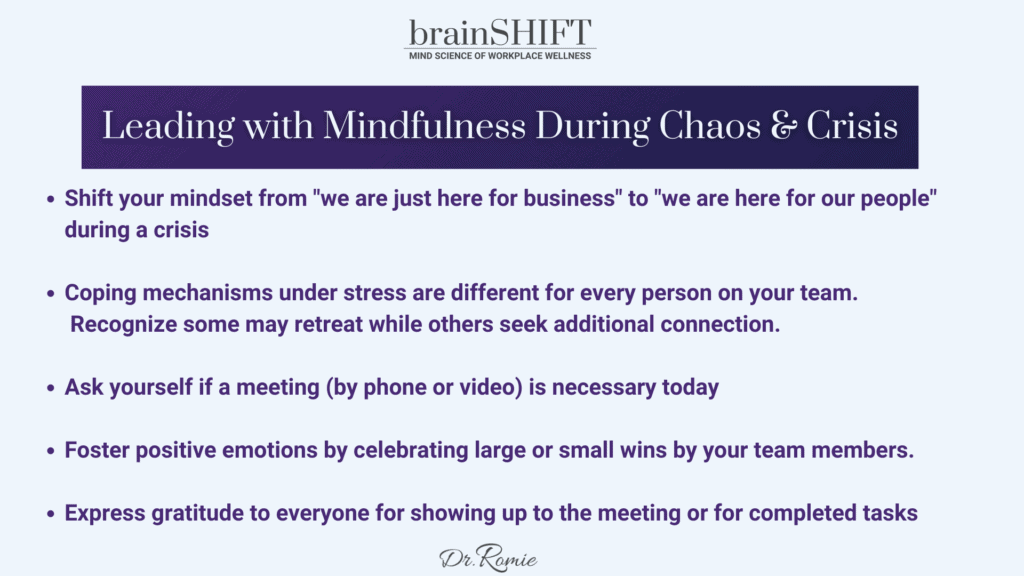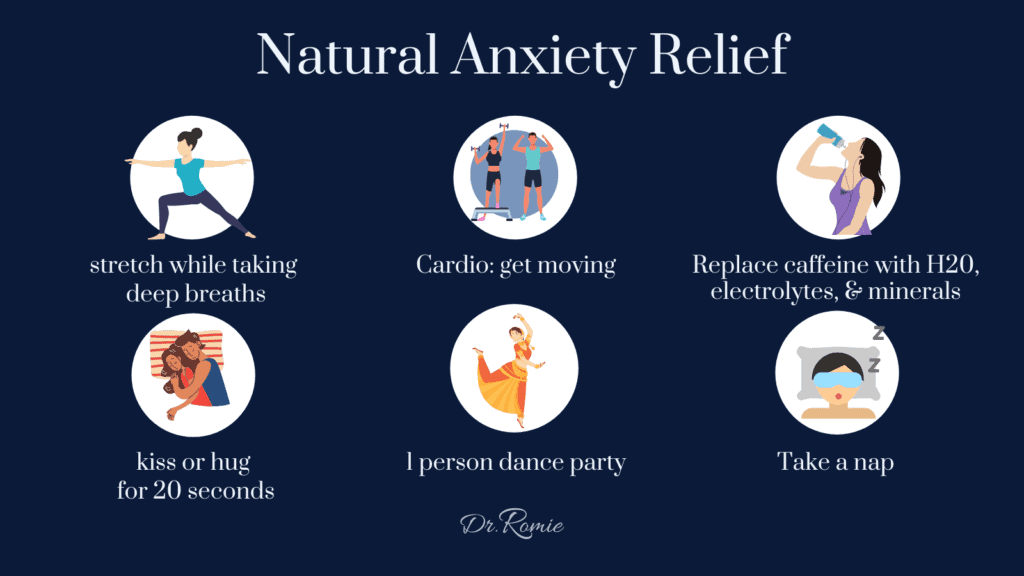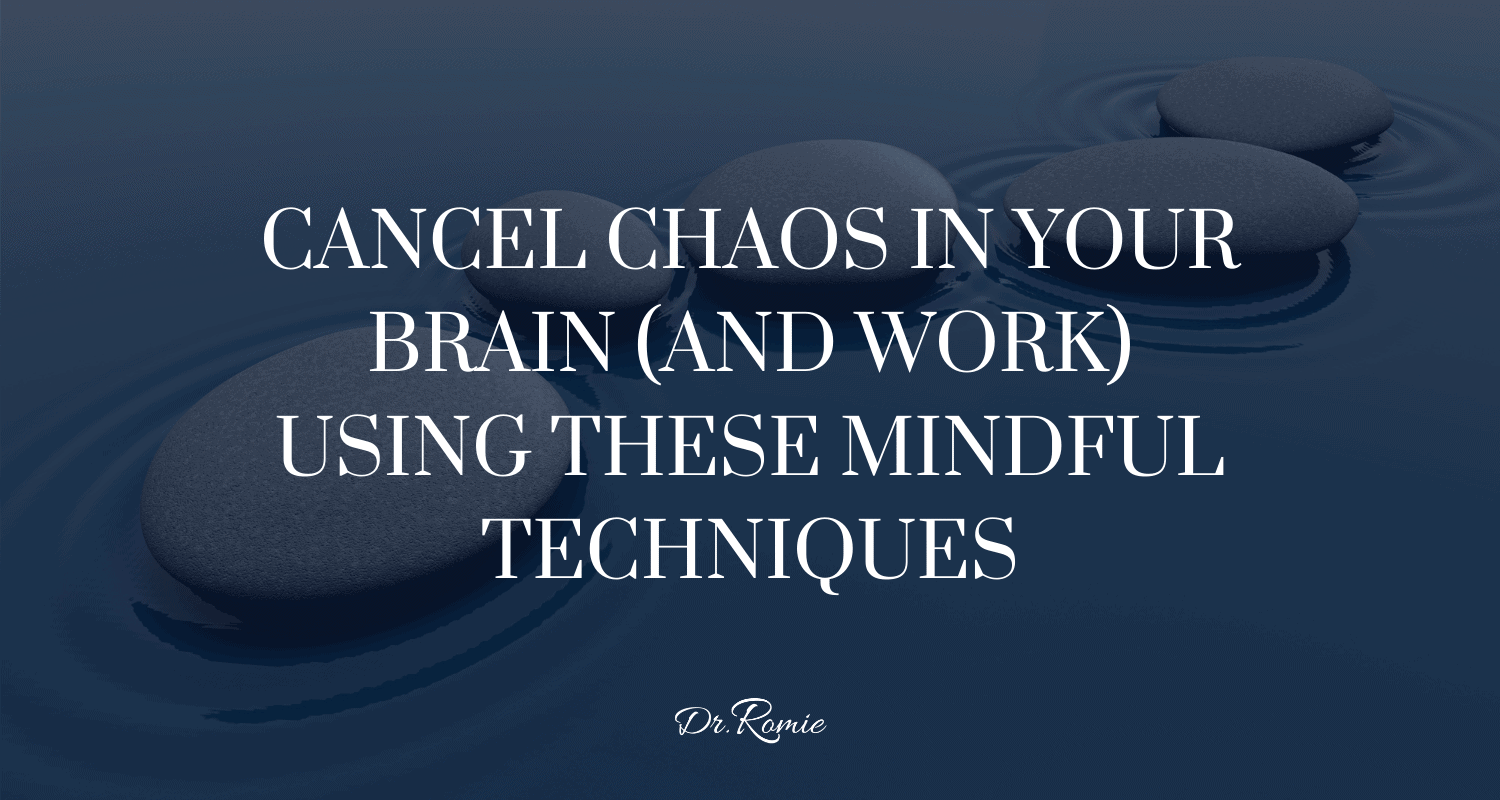As much as I try to hold on to my inner peace, the current news cycle in the United States is stressful and causing disturbed sleep and difficulty focusing at work. How about you? I had to practice self-compassion and slow down my pace, and take time to process all the anxiety, stress, and grief. I gather that I am not alone, so I wanted to share a compassion action plan to help you brainSHIFT back to focus, calm consciousness, and sleep.
What is Compassion Action?
Isn’t compassion and self-care for the weak or the woo-woo folks?
Compassion literally means “to suffer together.” Among emotion researchers, it is defined as the feeling that arises when you are confronted with another’s suffering and feel motivated to relieve that suffering. Compassion is not the same as empathy or altruism, though the concepts are related.
Self-compassion, self-care, and self-love are often interchangeable terms used to describe the action of radical self-care. In mindfulness-based cognitive therapy, fostering self-compassion is the practice of monitoring your thoughts, words, and actions towards yourself and using compassion inwards.
In our global brainSHIFT community, we are unapologetic success-driven professionals. It is common to feel that discussion about self-compassion sounds a little too woo-woo. In #DrRomieRealTalk terms, it means learning to monitor for the negative thoughts and actions we have towards ourselves and replace them with gentle, friendlier, and positive thinking.
For instance, if you are telling yourself, “you are such a freak eating popcorn for dinner, you’ll get even more fat and ugly.” Pause and replace the thought with self-compassion, “I will allow myself the luxury of taking a break from cooking and eat comfort food tonight. I eat popcorn with joy.” Speak to yourself as you would, your best friend, pet, or child.
Using Mindfulness to Transform Chaos With Yourself and Your Team
Mindfulness means to bring yourself to present-centered awareness. Mindfulness is a path to train your brain to shift from a stress-success cycle to one of calm consciousness. A regular 20 minute mindfulness practice rewires the brain within 4-6 weeks to stop ruminating thoughts. Can you start by listening to a guided meditation or sound healing music for 20 minutes before bedtime?
Trying to feel “calm” or “just breathe” when you are feeling anxious can be really challenging. Instead of trying to overpower your anxiety, allow your senses to be scrambled in your brain. Change what you see, hear, taste, smell, or touch. Take 3-5 minutes to try an activity that refocuses all of your senses.

Create a Compassion Action Plan
Temporary distractions can be a good thing. Distractions (especially that fill you with joy) can give you the space you need to let your emotions calm down, which is especially necessary when you feel overwhelmed with fear and anxiety. It takes about 60 to 90 seconds for intense emotions to die down.
- Create a “joy list” which is activities that bring happiness and calm to your mind and body.
- Take regular breaks to distract yourself with activities from your joy list.
- Compassion Action Plan is a plan for yourself to do comforting and kind actions for your thoughts, mental health, and physical health. By calming our thoughts, minds, and bodies, we can reduce stress and panic that have hijacked our sanity.
- Take control: Schedule how many times you will check the news and take breaks from work today.
- Monitor your thoughts and repeat kind words to yourself, be gentle if you had comfort food.
- For your mental health, take 3 minutes to step away from work or school and do an activity that makes you smile or feel joy- such as dancing to 80s music.
- For your physical health, trying to sleep may feel impossible, so keep your body moving all day. Go for a walk, do push-ups, or extra chores to keep your hands and mind busy. All these little compassion action steps bring calm to our mind, body, and spirit.

